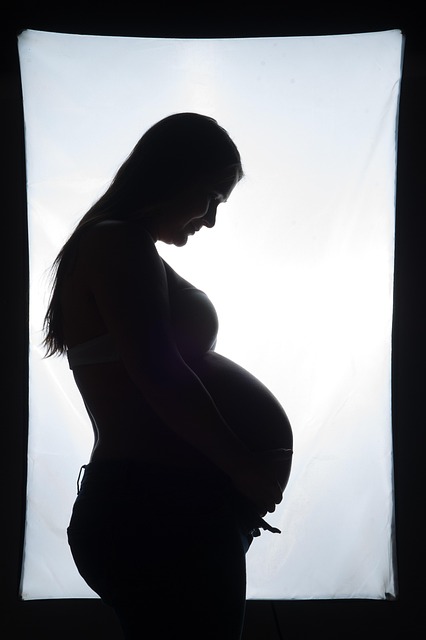Experiencing a miscarriage can be heart-wrenching, and it’s only natural to question how it might influence your ability to conceive in the future. You might find yourself asking things like, “Will I have to go through this again?” or “Is there something I could have done differently?”
The reality is that miscarriages are surprisingly common, with about 20% of medically confirmed pregnancies ending in loss. This rate increases with age; for women in their mid to late 40s, the risk can be around 50%. If you consider very early or unconfirmed pregnancies, the loss rate could be as high as 60%. However, having one miscarriage—or even multiple—doesn’t mean that you won’t be able to carry a baby to term in the future.
What Causes Miscarriages?
According to Dr. Emily Harper, a fertility specialist, around 50-70% of miscarriages are due to genetic issues within the embryo. These genetic abnormalities can halt normal development. Other causes might include anatomical, hormonal, or immunologic problems, though sometimes the reason remains a mystery.
For those who have undergone a D&C (dilation and curettage), it’s possible to test the tissue for genetic abnormalities. These abnormalities can be categorized as:
- Non-recurrent: These are unlikely to happen in future pregnancies and are typically caused by random chromosomal errors.
- Recurrent: These are more likely to recur and often involve more complex genetic issues, such as balanced chromosomal translocations.
If the cause of miscarriage is identified, there are treatments available, like in vitro fertilization (IVF) with Preimplantation Genetic Testing (PGT) to screen embryos before implantation. This can significantly reduce the risk of miscarriage due to genetic reasons.
Addressing Other Potential Causes
For those experiencing recurrent losses, it’s common to be tested for immunologic disorders, like Antiphospholipid Antibody Syndrome (APS), which is treatable. Additionally, imaging tests can pinpoint anatomical issues like fibroids or uterine malformations, often correctable through surgery. Hormonal disorders, which can also lead to pregnancy loss, can be assessed with blood tests, allowing for treatment before attempting another pregnancy.
Will a Miscarriage Impact My Future Fertility?
Generally, no, it shouldn’t. Early pregnancy losses typically don’t cause problems that would affect future pregnancies. In rare cases, a D&C might lead to scarring in the uterus, which could impact fertility, but this is uncommon and usually reversible.
If you’ve had one miscarriage, there’s no need for excessive worry. However, if you’ve experienced two or more, it may be time to consult a fertility expert. Identifying the underlying cause can be essential, and your doctor may suggest various tests to help understand what’s happening.
Coping with the Fear of Future Miscarriages
Worries about future miscarriages are common, especially if you’ve experienced one before. Connecting with support groups can be beneficial in alleviating some of that anxiety. It might also help to have your doctor evaluate any potential causes of previous losses, giving you peace of mind.
Remember, most couples who face recurrent losses eventually have a successful pregnancy. If you find yourself in this situation, don’t hesitate to seek help from a fertility specialist. Taking steps to understand your reproductive health can increase your chances of a successful future pregnancy.
For more insights on building a family, you might enjoy reading about a two-mom family’s journey conceived with the help of a known sperm donor. Plus, if you’re interested in at-home insemination, you can check out a comprehensive artificial insemination kit that can make the process smoother.
Summary
Miscarriages are common and typically do not affect future fertility. Understanding the causes, whether genetic, anatomical, or hormonal, can help in managing future pregnancies. Seeking help from a fertility specialist can provide support and improve the chances of a successful pregnancy.

